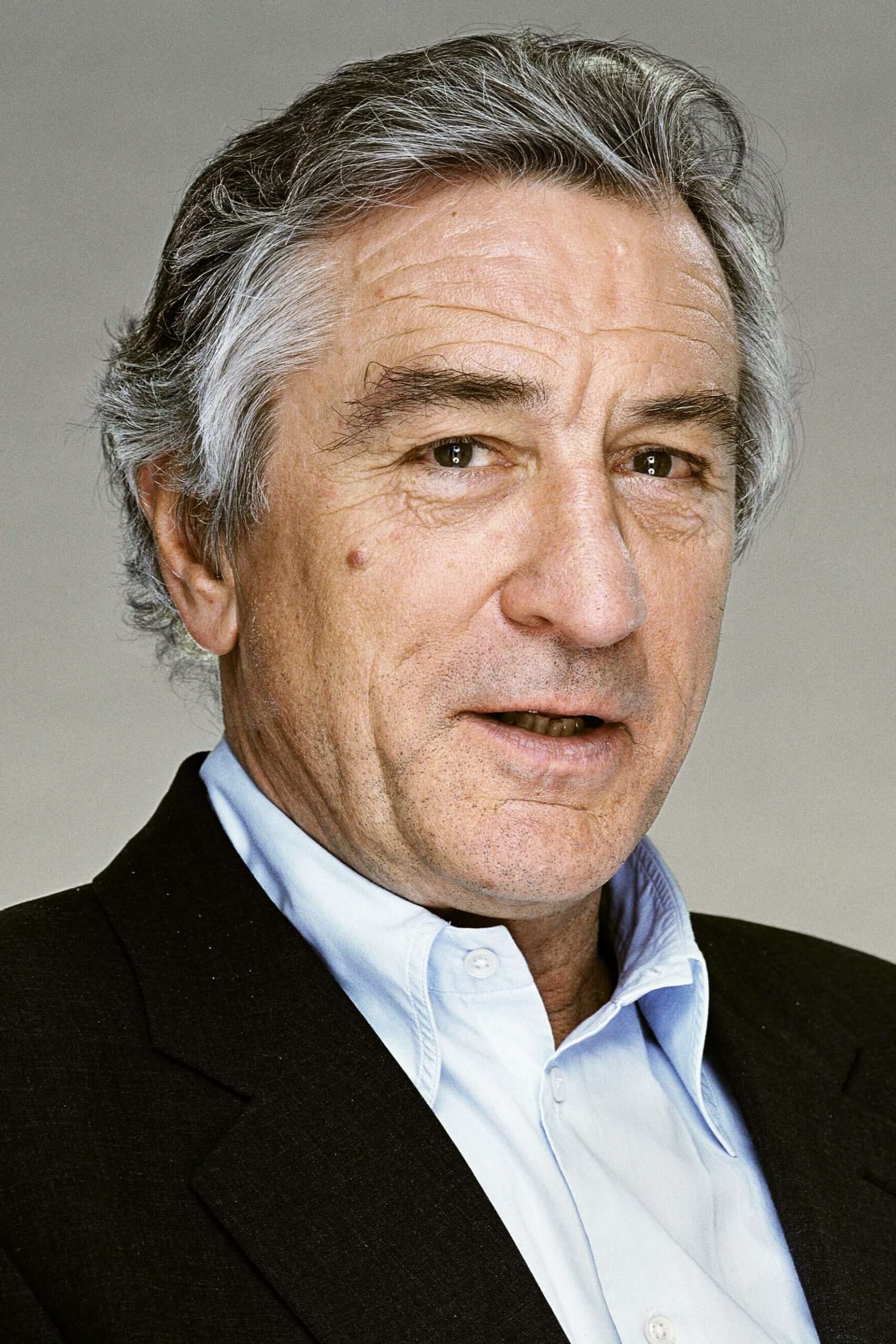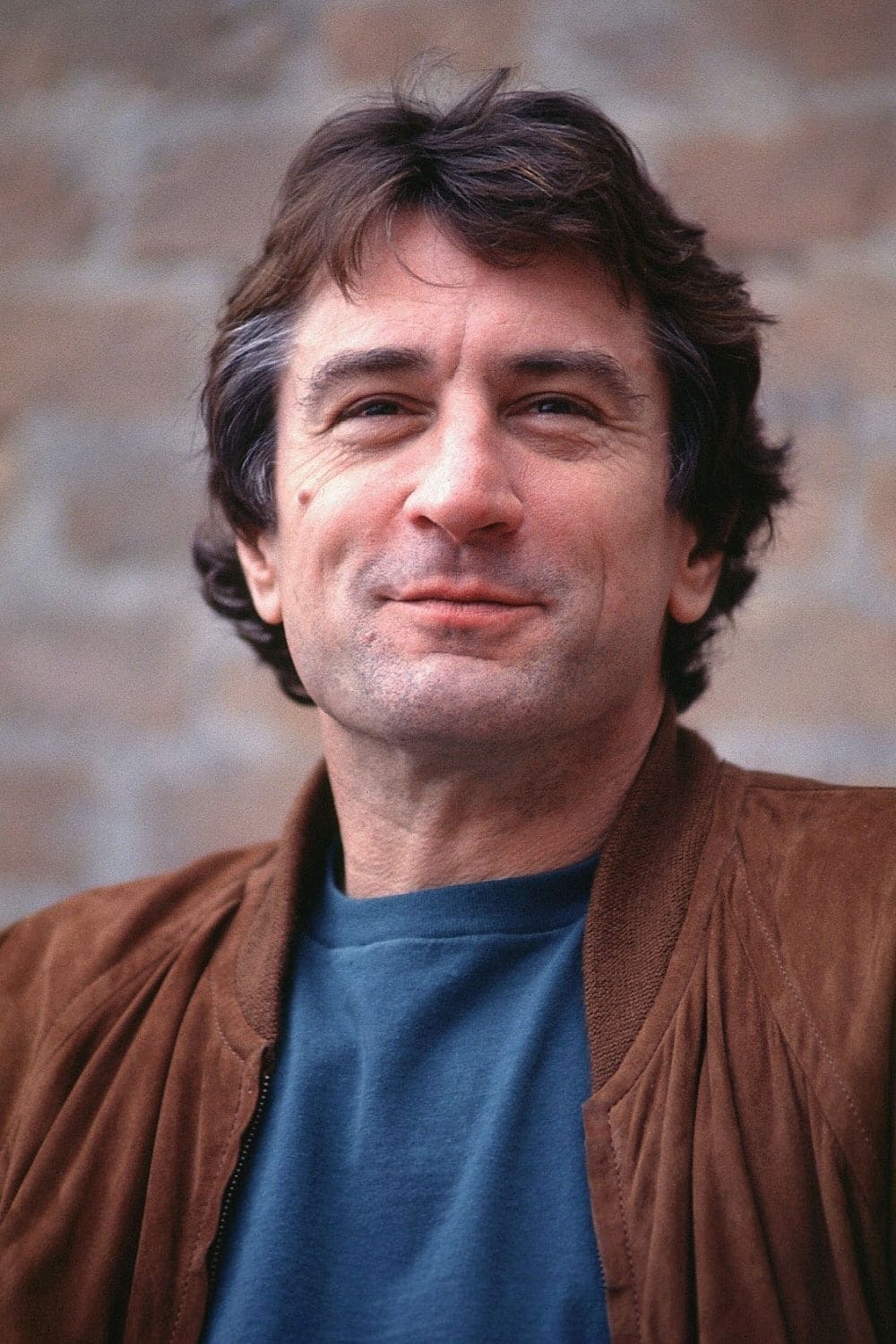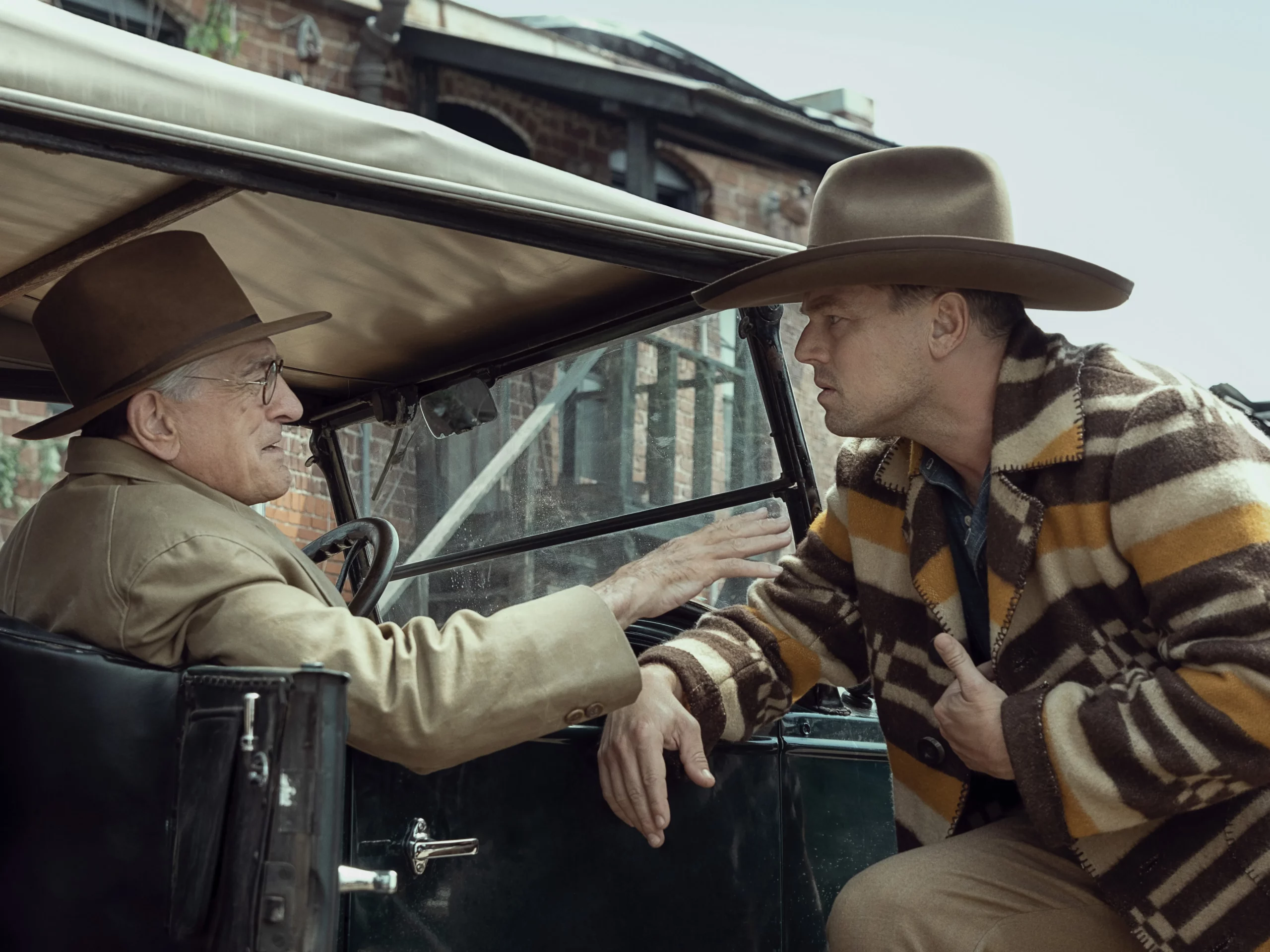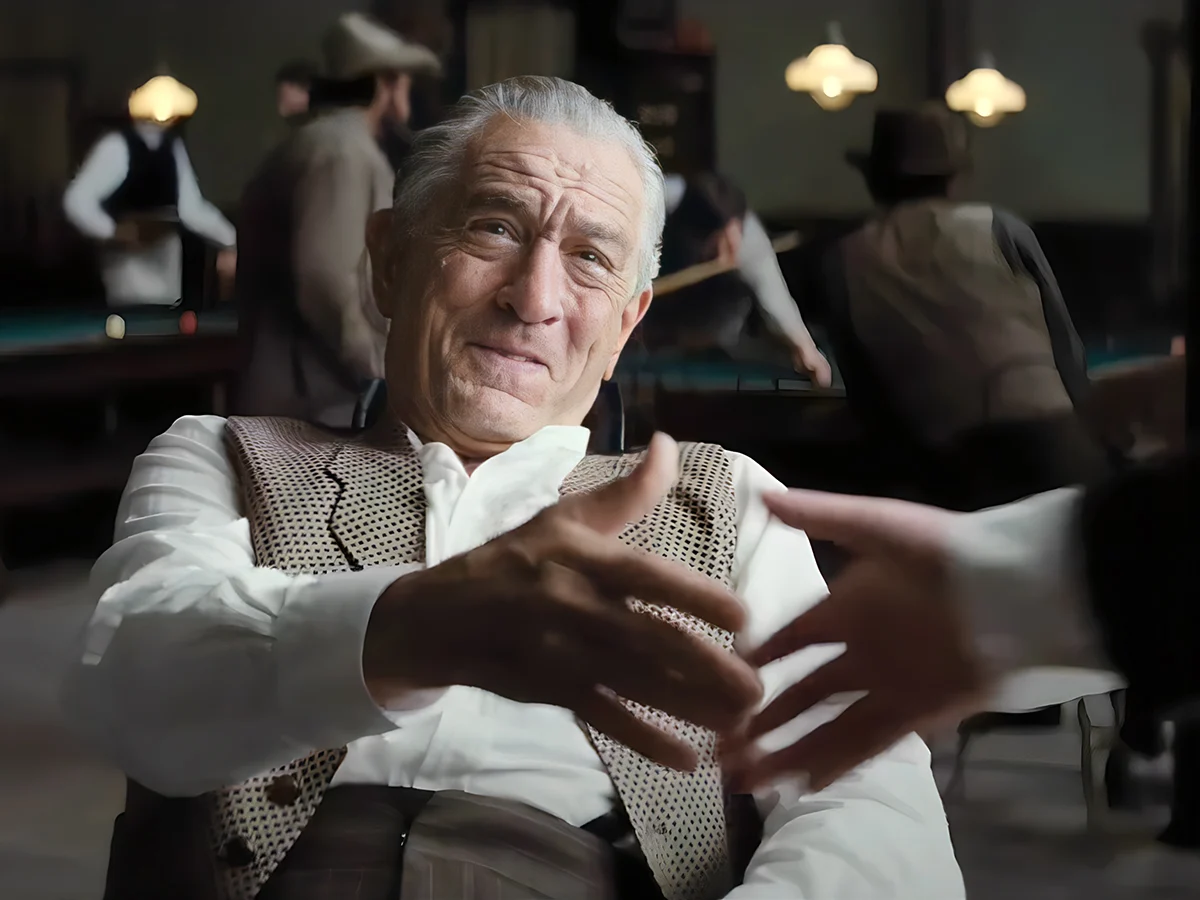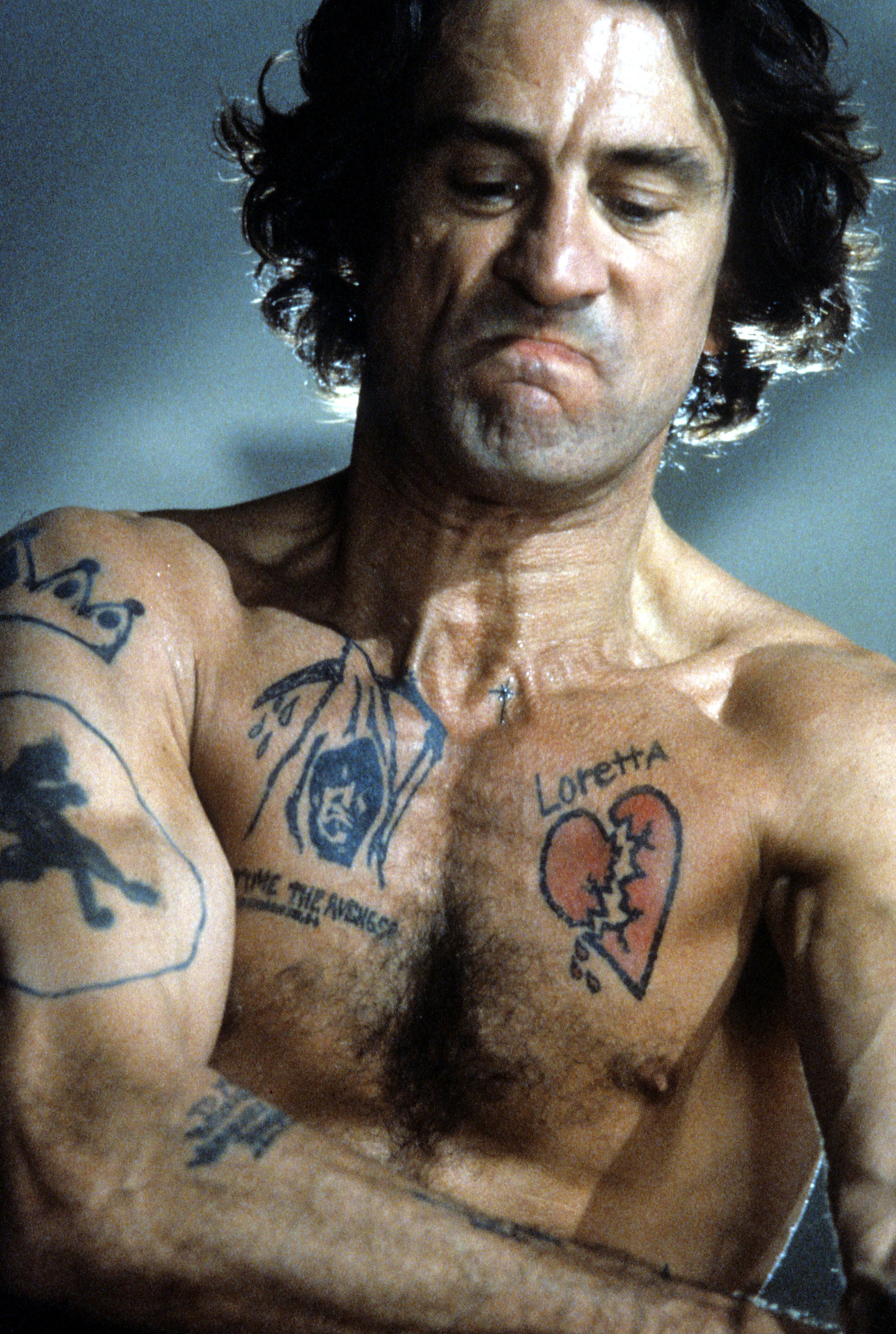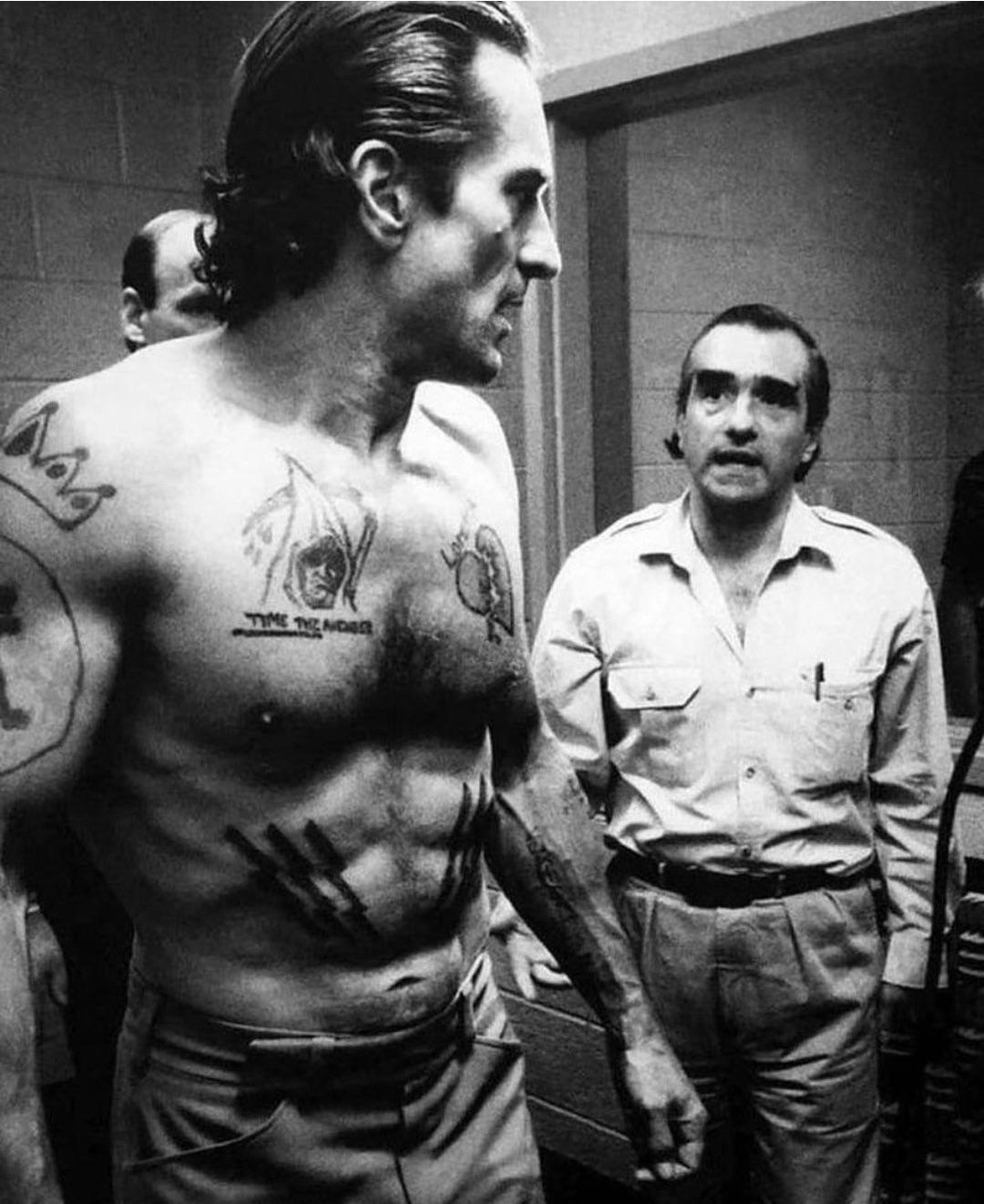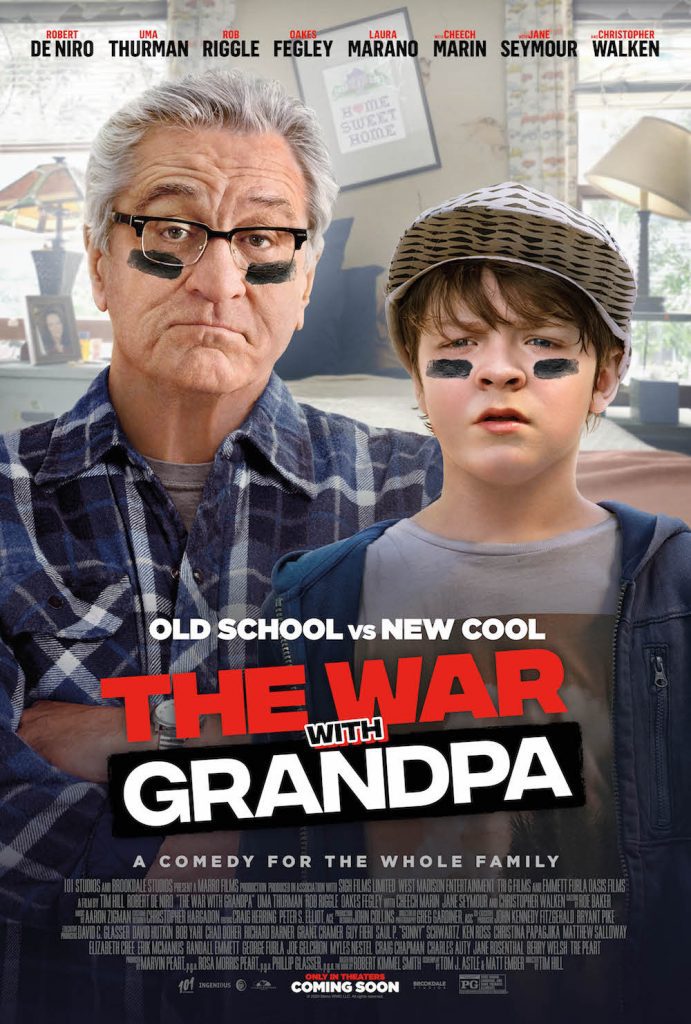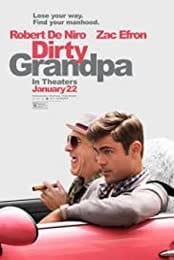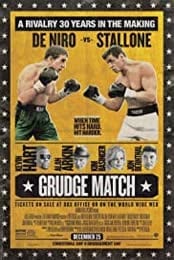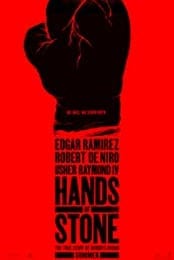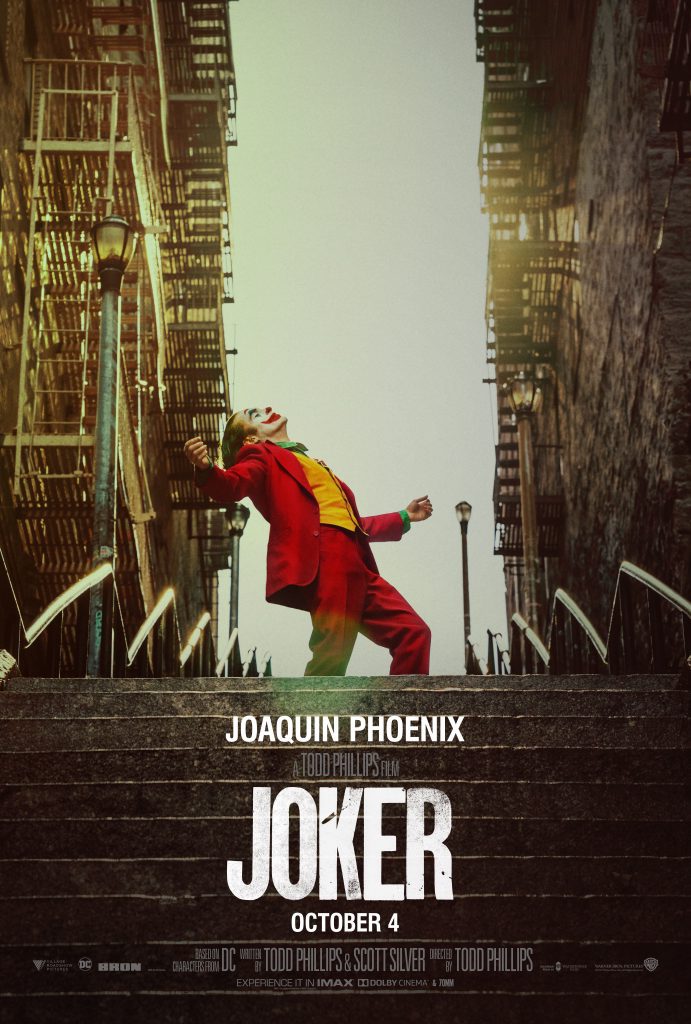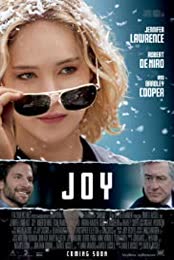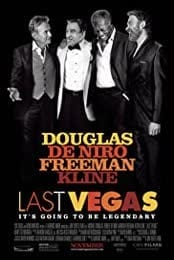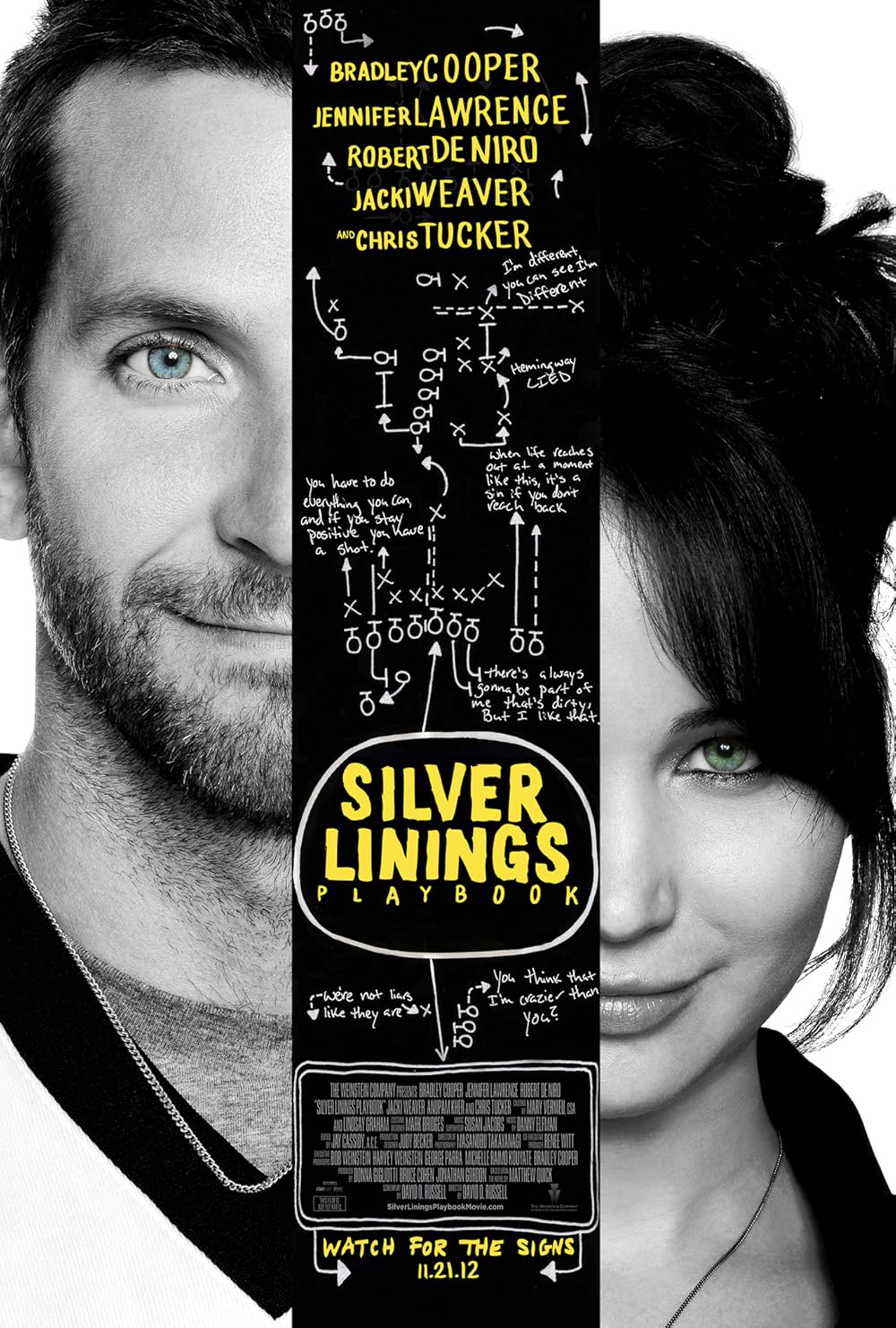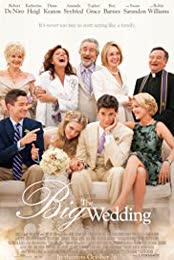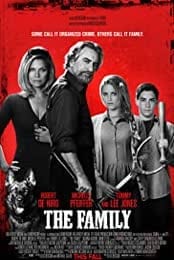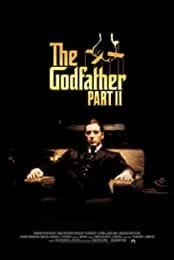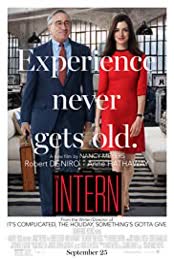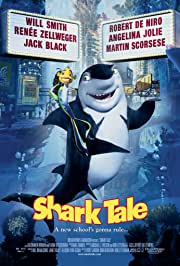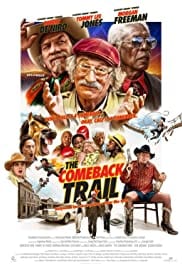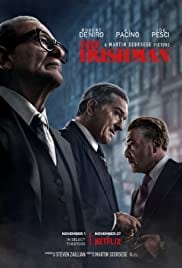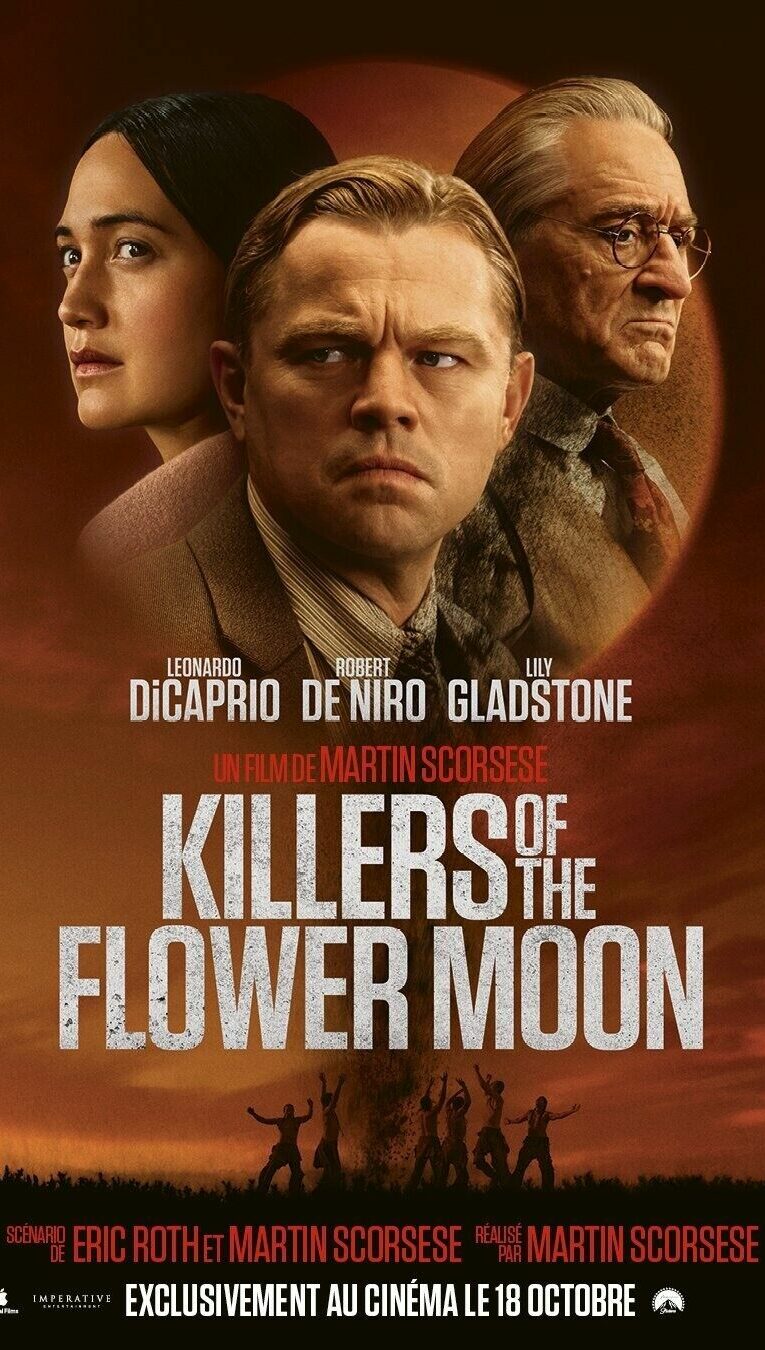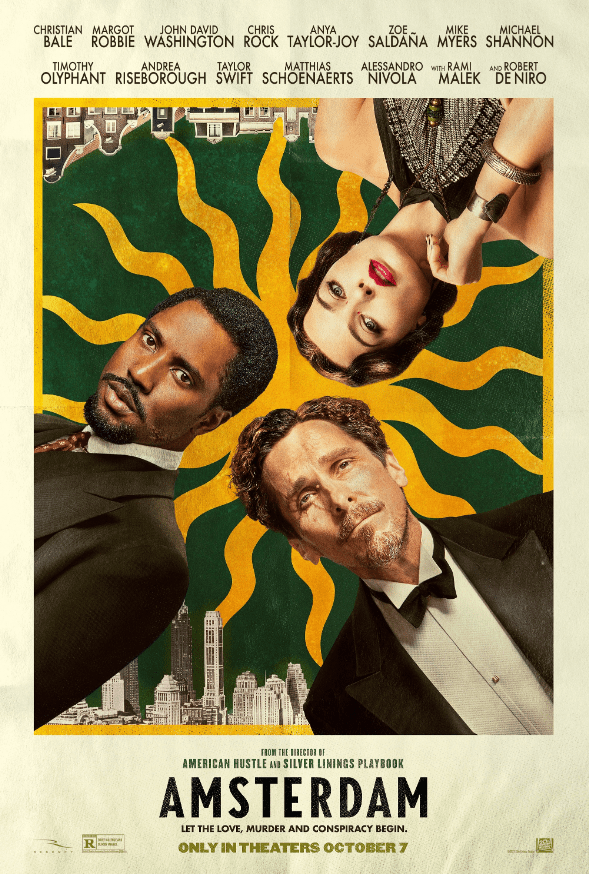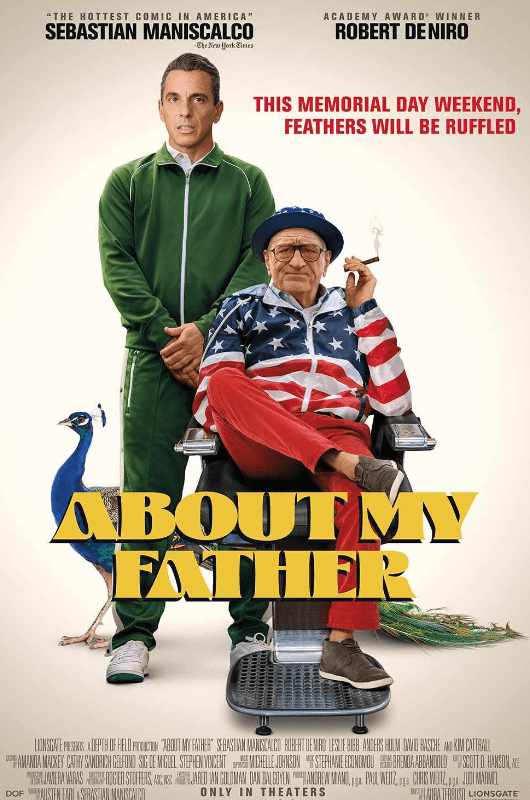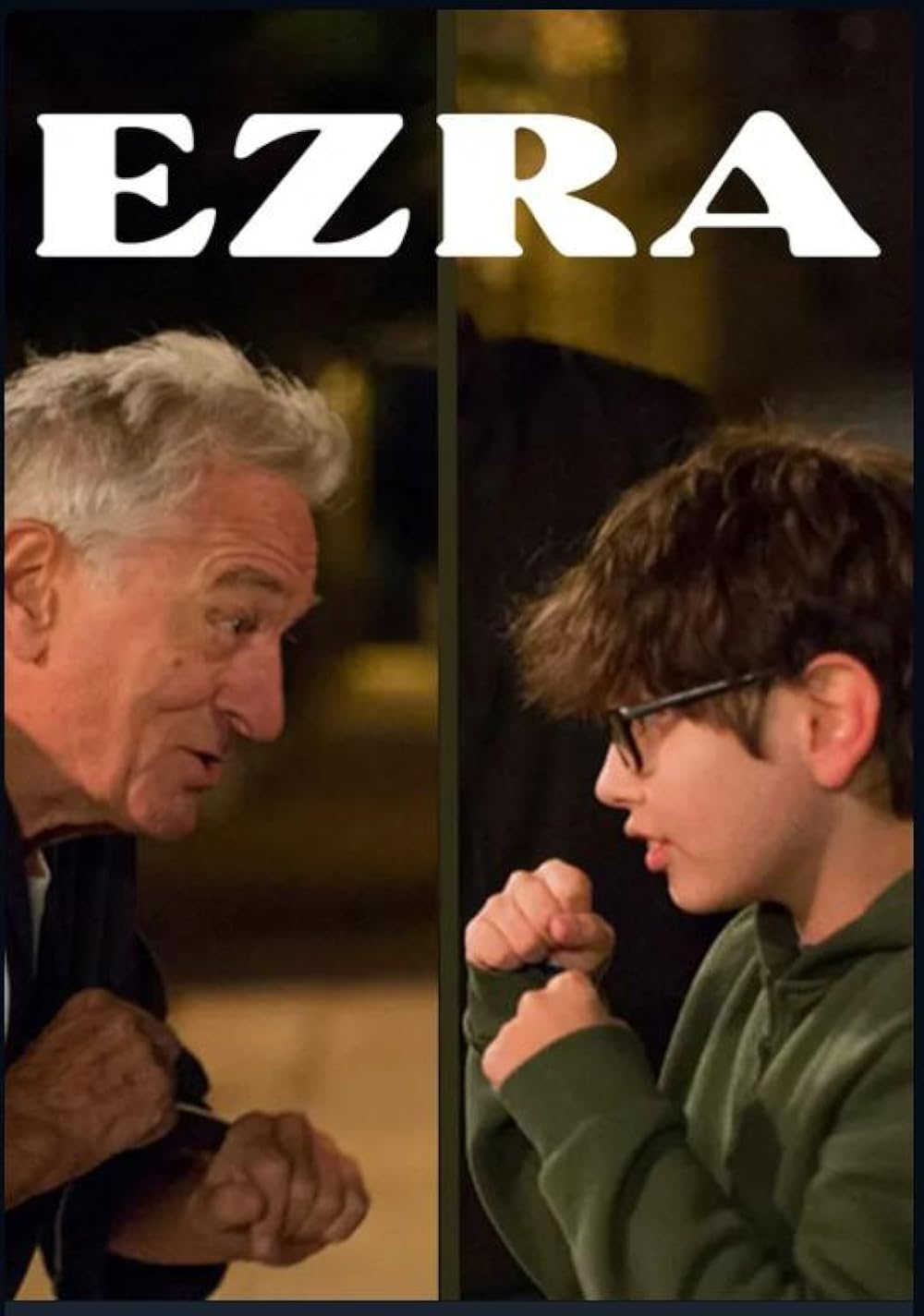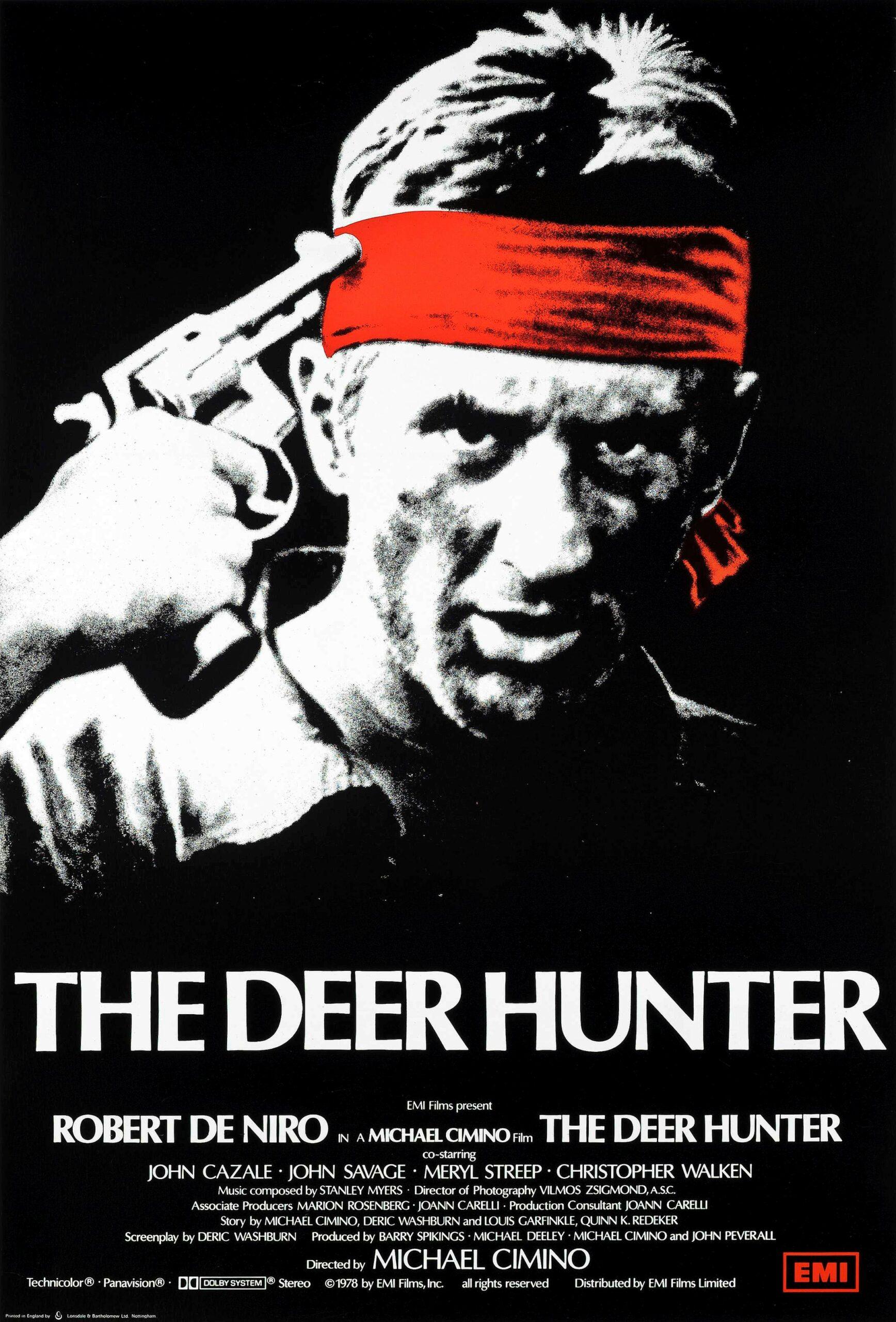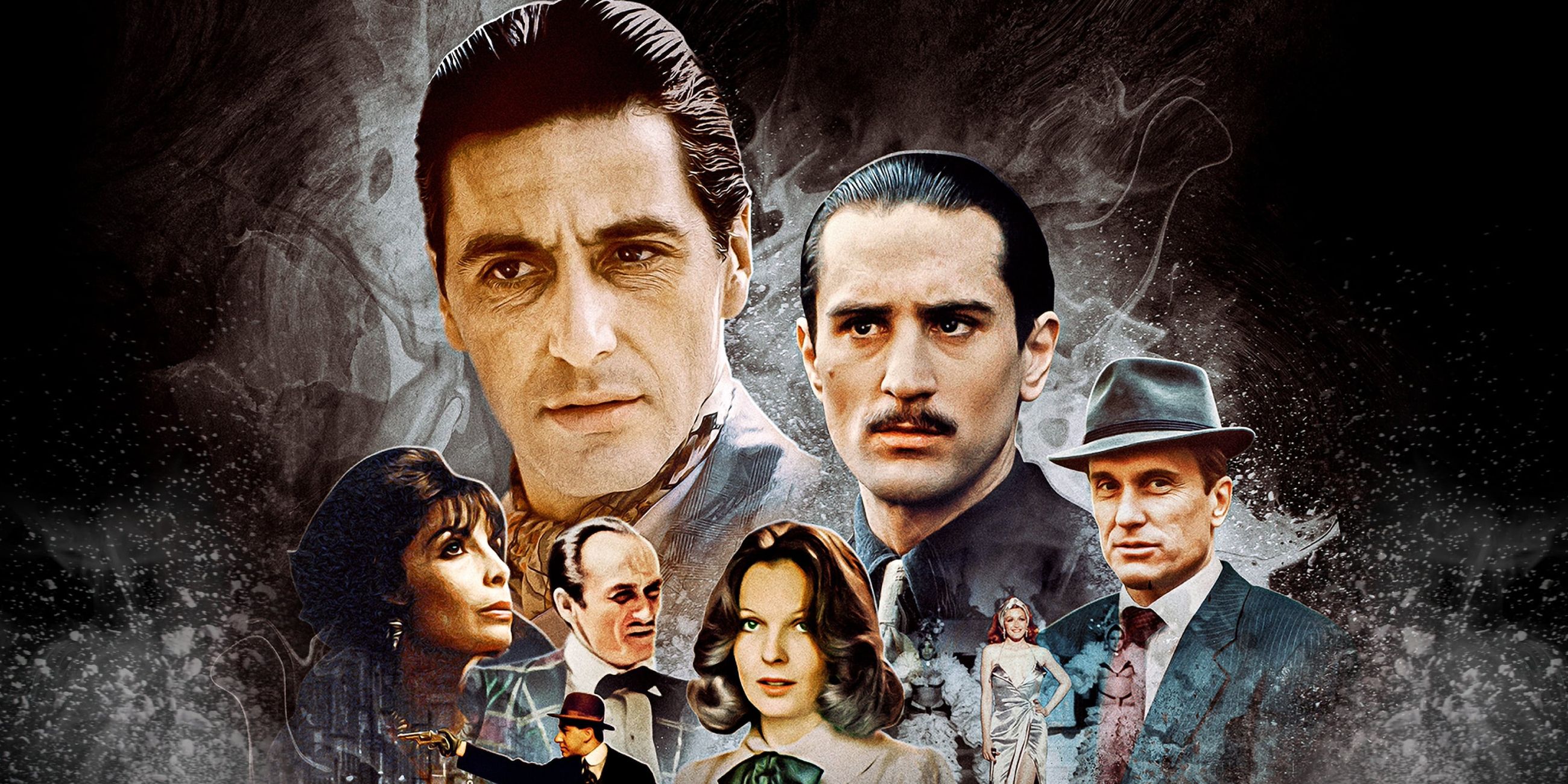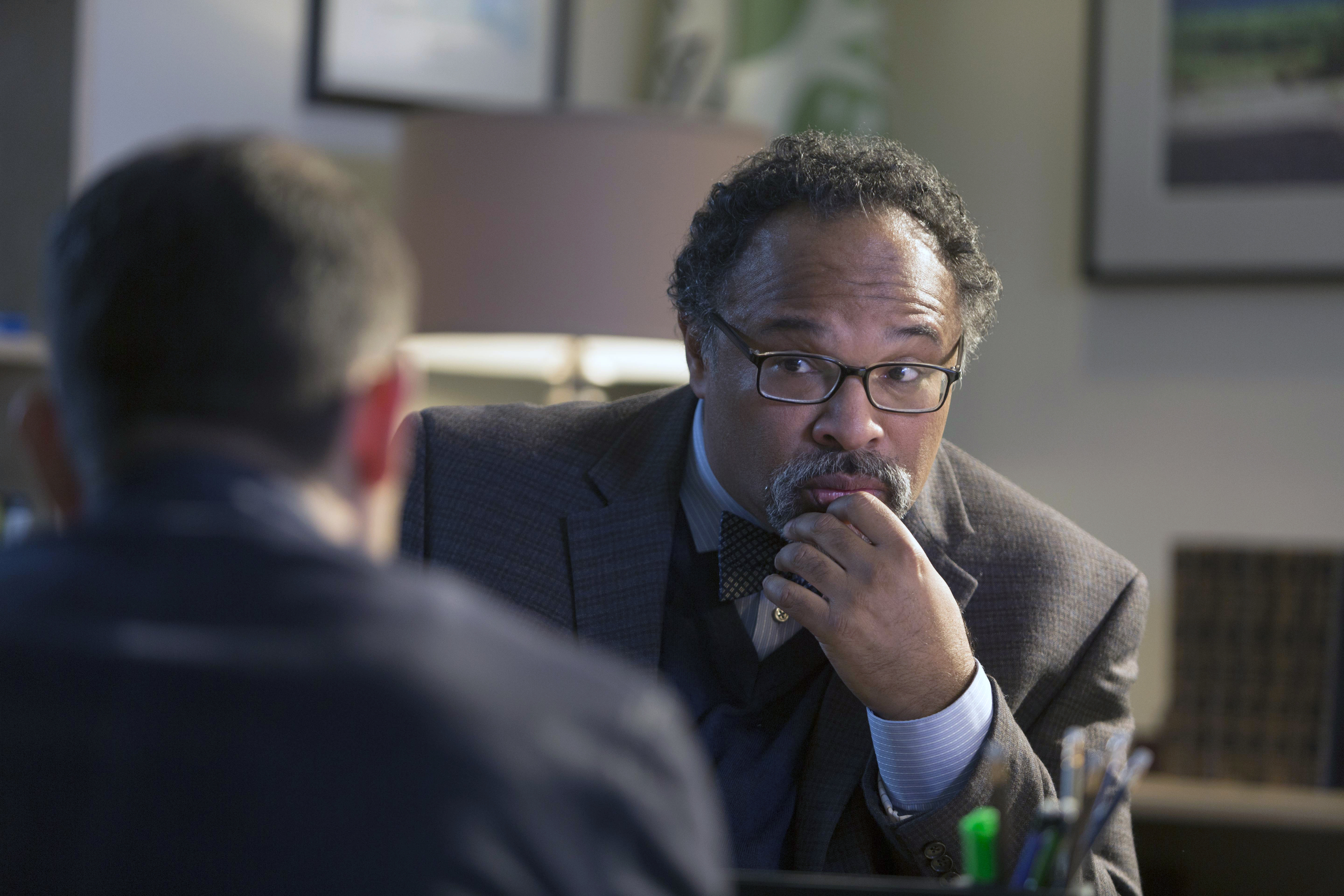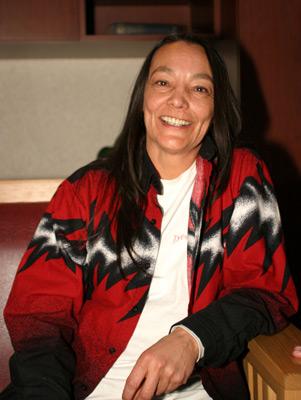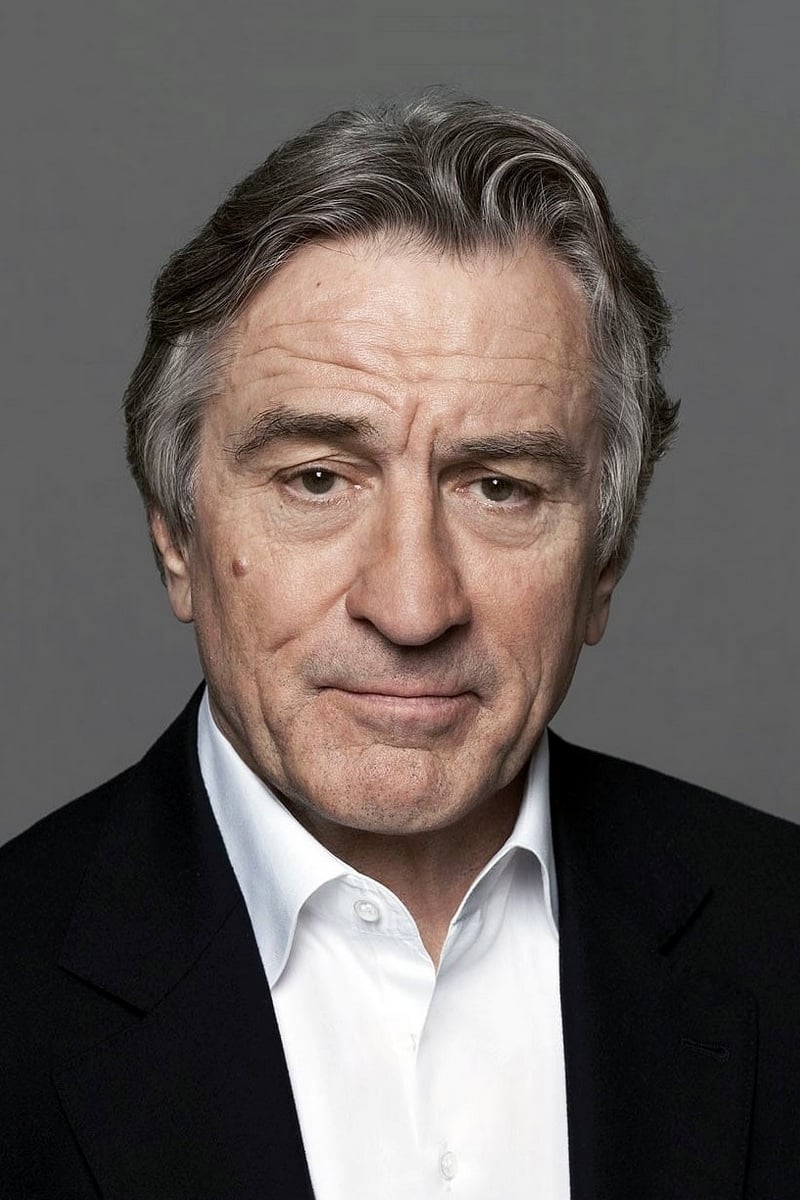
Robert De Niro
Birthdate – August 17, 1943 (81 Years Old)
Birthplace – New York City, New York, USA
Robert De Niro (birthname: Robert Anthony De Niro Jr.) is the finest exemplar of the American acting style of the Method school in his generation. His durability across several decades of movie roles is matched only by his ability to reinvent himself, shifting from tough-guy personae in the 1970s to comedy and lighter roles in his more mature years.
Given De Niro’s undeniable stature among the greatest movie actors of his era (he is possibly the only living actor who is both a Kennedy Center Honors and Presidential Medal of Freedom recipient), his career is marked by a stark contrast in the quality of his movies as an actor between his earlier phase—from the late 1960s and a great run in the 1970s and 1980s until a spate of comedies in the early 2000s—and his later phase, which is full of box-office and critical duds most of which were quickly forgotten.
Through it all, however, Robert De Niro has kept steady relationships with a handful of very different directors, who have helped him in several of his greatest roles, starting most prominently with Martin Scorsese in ten movies, and also four each with Barry Levinson, David O. Russell, and Brian De Palma. Often overlooked is that De Niro has also worked with some major European filmmakers—starting his film acting career, in fact, in a pair of films by French master Marcel Carné, Three Rooms in Manhattan (1965) and The Young Wolves (1968).
But De Niro got the lead in his first credited role when De Palma cast him in the black comedy, Greetings (1968), and then had De Niro reprise his role in De Palma’s follow-up, Hi, Mom! (1970). In between, De Niro (whose credit name was misspelled “DeNero”) joined the ensemble (including Jill Clayburgh) of The Wedding Party (1969), a Sarah Lawrence College-supported project co-directed by Wilford Leach, De Palma, and Cynthia Munroe. De Niro switched gears into exploitation with Roger Corman’s gritty Bloody Mama (1970), with Shelley Winters and Bruce Dern, and then worked with one of Europe’s finest directors, Czech émigré Ivan Passer, on the crime drama, Born to Win (1971), co-starring George Segal, Paula Prentiss, Karen Black, Hector Elizondo, and Burt Young.
Robert De Niro acted in his first of many gangster movies with The Gang That Couldn’t Shoot Straight (1971), written by Waldo Salt (adapting Jimmy Breslin’s non-fiction tome on New York gangster Joe Gallo) and co-starring Jerry Orbach, Leigh Taylor-Young, Jo Van Fleet, and Lionel Stander. De Niro made his first major impression as a movie star in the baseball melodrama, Bang the Drum Slowly (1973), co-starring Michael Moriarty and Vincent Gardenia, and directed by John Hancock.
But De Niro made his breakthrough shortly after in Mean Streets (1973), his first movie with Martin Scorsese, establishing a remarkable, colorful, and durable collaboration, co-starring Harvey Keitel, David Proval, and Amy Robinson, with the movie earning a tidy profit for Warner Bros. and universal rave reviews; De Niro won best-supporting actor from both the New York Film Critics Circle and the National Society of Film Critics.
Robert De Niro was the linchpin of what many consider to be the finest sequel ever made as young Vito Corleone in Francis Ford Coppola’s extraordinary epic, The Godfather Part II (1974), starring Al Pacino, Robert Duvall, Diane Keaton, Talia Shire, Morgana King, John Cazale, and De Niro’s former drama teacher and Method maestro, Lee Strasberg, winning six of eleven Oscar nominations (and the first sequel to win Best Picture), and grossing a strong $93 million on a $13 million budget.
De Niro solidified himself as the most interesting, and possibly scariest, of all major movie stars in his second landmark film with Martin Scorsese, the Paul Schrader-written Taxi Driver (1976), with De Niro delivering possibly his greatest and most disturbing performance as Travis Bickle opposite Jodie Foster, Cybill Shepherd, Albert Brooks, Harvey Keitel, Leonard Harris, and Peter Boyle, and earning De Niro a second acting Oscar nomination and with the film earning a very profitable $29 million for Columbia Pictures as well as the Palme d’Or at the Cannes film festival.
De Niro starred under Italian master Bernardo Bertolucci in the 317-minute-long epic, 1900 (1976), which also premiered in Cannes, and co-starred Gérard Depardieu, Dominique Sanda, Burt Lancaster, Donald Sutherland, Stefania Sandrelli, Sterling Hayden, and Alida Valli. De Niro’s first major movie as a star that landed as a disappointment was a tepid adaptation of F. Scott Fitzgerald’s The Last Tycoon (1976), directed by Elia Kazan and written by Harold Pinter, with Tony Curtis, Robert Mitchum, Jeanne Moreau, Jack Nicholson, Donald Pleasance, Ray Milland and Dana Andrews.
Robert De Niro next starred in another period movie and Martin Scorsese’s only musical, New York, New York (1977), co-starring Liza Minnelli, and a rare misfire for the actor-director duo. De Niro returned to his signature mode as an actor of galvanic force in Michael Cimino’s ambitious and controversial Vietnam War vet saga, The Deer Hunter (1978), co-starring a great cast including John Cazale, John Savage, Meryl Streep, and Christopher Walken, and winning five of nine Oscar nominations.
Robert De Niro rounded out his extraordinary opening decade as a movie star as the savage, self-destructive boxer Jake LaMotta in the Paul Schrader-written Raging Bull (1980), with Joe Pesci, Cathy Moriarty, and Nicholas Colasanto under Scorsese’s direction and earning De Niro his only Best Actor Oscar. De Niro played a Los Angeles priest opposite Robert Duvall, Burgess Meredith, Charles Durning, Cyril Cusack, and Kenneth McMillan in the Ulu Grosbard-directed True Confessions (1981), written by Joan Didion and John Gregory Dunne (one of the writing couple’s five screenplays, based on Dunne’s novel fictionalizing the sensational Black Dahlia murder case).
De Niro delivered his most radical comedy performance in Martin Scorsese’s black comedy, The King of Comedy (1983), co-starring Jerry Lewis, and premiering as the opening film of the Cannes Film Festival but losing money for 20th Century Fox. In another of his occasional collaborations with major European filmmakers, De Niro co-starred in Sergio Leone’s grand crime epic, Once Upon a Time in America (1984), with James Woods, Elizabeth McGovern, Treat Williams, Joe Pesci, Burt Young, and Tuesday Weld, but which was severely Bowdlerized by U.S. distributor The Ladd Company (from Leone’s 269-minute version to 139 minutes) leading to poor reviews and box office; Leone’s director’s cut has subsequently been restored, and is considered by many to be a masterpiece.
Displaying his versatility, De Niro co-starred in Terry Gilliam’s astonishing surrealist epic (co-written with Tom Stoppard), Brazil (1985), with Jonathan Pryce, Katherine Helmond, Ian Holm, Bob Hoskins, Michael Palin, and Ian Richardson; De Niro’s fascinating performance was lost in the controversy over Gilliam’s loss of creative control over the final cut, but thanks to the Los Angeles Film Critics Association voting the movie as Best Picture, Director, and Screenplay, Universal was forced to release a “compromise” cut between the severe 94-minute version and Gilliam’s intended 142-minute version, which was finally released on home video by The Criterion Collection.
Robert De Niro’s second movie as a star to win Cannes’ Palme d’Or was the adventure-drama, The Mission (1986), directed by Roland Joffe and co-starring Jeremy Irons, Aidan Quinn, Cherie Lunghi, and Liam Neeson, and landing seven Oscar nominations. De Niro joined British director Alan Parker for the disappointing psychological horror movie, Angel Heart (1987), co-starring Mickey Rourke, Lisa Bonet, and Charlotte Rampling, and then reunited with his filmmaking buddy Brian De Palma for the phenomenally successful period crime saga,
The Untouchables (1987), in which De Niro hammed it up as Al Capone opposite Kevin Costner, Charles Martin Smith, Andy Garcia, and Sean Connery (winner of the Best Supporting Actor Oscar), turned a good profit for Paramount Pictures. De Niro then demonstrated his comedic chops by starring with Charles Grodin, in one of the best Hollywood action-comedies of the post-’70s era, Midnight Run (1988), with Yaphet Kotto, Dennis Farina, and Joe Pantoliano under Martin Brest’s direction. Robert De Niro was both star and executive producer of director Neil Jordan’s and writer David Mamet’s failed crime comedy remake of Michael Curtiz’s 1955 movie, We’re No Angels (1989), with Sean Penn, Demi Moore, Hoyt Axton, Wallace Shawn, and John C. Reilly.
Unfortunately for De Niro, another failed movie came along for him with Stanley & Iris (1990), the final movie for director Martin Ritt and co-writers Harriet Frank, Jr. and Irving Ravetch, and the last movie for 15 years for De Niro’s co-star, Jane Fonda. After this mediocre stretch, De Niro reunited with Martin Scorsese for one of the director’s greatest movies, Goodfellas (1990), a decades-spanning saga based on screenwriter Nicholas Pileggi’s nonfiction book, Wiseguy, co-starring the Oscar-winning Joe Pesci, Ray Liotta, Lorraine Bracco, and Paul Sorvino, premiering at the Venice film festival (Scorsese winning the Silver Lion) and earning $47 million globally.
Robert De Niro began the 1990s working with a range of mainstream studio directors in artistically middling movies, including Irwin Winkler (Guilty by Suspicion (1991) and Night and the City (1992)), Penny Marshall (Awakenings (1990), Ron Howard (Backdraft (1991)), John McNaughton (Mad Dog and Glory (1993)), and Kenneth Branagh (Mary Shelley’s Frankenstein (1994), in which De Niro portrayed Dr. Frankenstein’s Creature).
In between these projects, De Niro delivered a sensational performance opposite a young Leonardo DiCaprio in the Tobias Wolff adaptation, This Boy’s Life (1993), with Ellen Barkin, Eliza Dushku, Chris Cooper, Carla Gugino, and Tobey Maguire. It was also during this period that De Niro made the leap into directing for the first time and co-starring with A Bronx Tale (1993), author and co-star Chazz Palminteri’s adaptation of his one-man play.
De Niro also starred in distinctive movies with world-class filmmakers, starting with his Oscar-nominated Best Actor performance in Martin Scorsese’s remake of Cape Fear (1991), with Nick Nolte, Jessica Lange, Joe Don Baker, Robert Mitchum, and Gregory Peck. But this was just a warm-up for De Niro and Scorsese for their next project, the dazzling Vegas epic,
Casino (1995), highlighted by a vibrant turn by Sharon Stone, with Joe Pesci, Don Rickles, Kevin Pollak, and James Woods, and earned rave reviews and a fine box office ($116 million) for Universal Pictures. De Niro’s great 1995 continued with a powerful co-starring role opposite Al Pacino in Michael Mann’s dynamic Los Angeles crime saga, Heat (1995), with Val Kilmer, Tom Sizemore, Diane Venora, Amy Brenneman, Mykelti Williamson, Wes Studi, and Jon Voight.
The same year, De Niro played a supporting role in French master filmmaker Agnès Varda’s whimsical celebration of cinema’s centenary, One Hundred and One Nights (1995), with a star-studded who’s who ensemble including Michel Piccoli, Marcello Mastroianni, Anouk Aimée, Fanny Ardant, Jean-Paul Belmondo, Romane Bohringer, Sandrine Bonnaire, Jean-Claude Brialy, Alain Delon, Catherine Deneuve, Gérard Depardieu, Gina Lollabrigida, Jeanne Moreau, Hanna Schygulla, Jane Birkin, Stephen Dorff, Assumpta Serna, Harrison Ford, Isabelle Adjani, Daniel Auteuil, and Clint Eastwood.
De Niro then joined director Tony Scott for the chilling but commercially failed thriller, The Fan (1996), co-starring Wesley Snipes, John Leguizamo, Benicio del Toro, and Ellen Barkin, followed by De Niro working with one of his favorite collaborators, director-writer Barry Levinson, for one of his best movies, Sleepers (1996), co-starring Kevin Bacon, Dustin Hoffman, Jason Patric, and Brad Pitt, and grossing a strong $166 million.
Robert De Niro ended the 1990s period with an eclectic string of crime dramas, period films, and comedies, including Marvin’s Room (1996), written by John Guare and directed by Jerry Zaks, marking De Niro’s second movie with Leonardo DiCaprio, along with Meryl Streep, and Diane Keaton, and then the solid, commercially successful James Mangold-directed crime drama, Cop Land (1997), with Sylvester Stallone, Harvey Keitel, and Ray Liotta, garnering fine reviews and a $64 million global gross.
De Niro—incredibly—has acted in only one movie made by Quentin Tarantino, Jackie Brown (1997), playing against type in a low-key style opposite Pam Grier, Samuel L. Jackson, Robert Forster, Bridget Fonda, and Michael Keaton, in Tarantino’s excellent, money-making ($75 million) adaptation of Elmore Leonard’s 1992 novel, Rum Punch. De Niro reunited with Barry Levinson and screenwriter David Mamet in satirical mode for Wag the Dog (1997), one of De Niro’s few political movies, co-starring Dustin Hoffman, Anne Heche, Denis Leary, Willie Nelson, Woody Harrelson, Kirsten Dunst, and William H. Macy.
The great Mexican filmmaker Alfonso Cuaron cast Robert De Niro in a supporting role in a 1990s-set adaptation of Charles Dickens’s Great Expectations (1998), opposite Ethan Hawke, Gwyneth Paltrow, Hank Azaria; 18 years later, Cuaron called his feature “a completely failed film.” De Niro joined veteran American director John Frankenheimer for one of his final films as director, the robust thriller, Ronin (1998), with Jean Reno, Natascha McElhone, Stellan Skarsgård, and Jonathan Pryce, which premiered at the Venice Film Festival.
Turning to full comic mode (and offering a chance to make fun of his mob character type), De Niro was cast by director Harold Ramis opposite Billy Crystal in the sensational hit, Analyze This (1999), with Lisa Kudrow and Chazz Palminteri, and earning $177 million globally.
Robert De Niro started the new century with a series of mostly standard or flawed Hollywood movies, starting with the military drama, Men of Honor (2000), directed by George Tillman Jr. and co-starring Cuba Gooding Jr. De Niro co-starred in his second hit comedy in consecutive years with the Jay Roach-directed Meet the Parents (2000), playing memorably opposite Ben Stiller, with Blythe Danner, Owen Wilson, and Teri Polo, with the movie grossing a smashing $330 million worldwide.
De Niro took roles in a string of conventional thrillers, including writer-director John Herzfeld’s 15 Minutes (2001), with Edward Burns; the heist thriller, The Score (2001), De Niro’s only movie with Marlon Brando, with Edward Norton and Angela Bassett; a supporting role in the fantasy, Stardust (2007), based on Neil Gaiman’s book, and with Claire Danes, Michelle Pfeiffer, Sienna Miller, Peter O’Toole, and Rupert Everett; and the forgettable, disappointing reunion of De Niro and Al Pacino, Righteous Kill (2008), with Curtis Jackson, John Leguizamo, Carla Gugino, and Brian Dennehy.
Robert De Niro co-starred in two comedy sequels–Analyze That (2002), directed again by Harold Ramis, with Billy Crystal; and the hit sequel, Meet the Fockers (2004), again directed by Roach and co-produced by De Niro, with Stiller, Dustin Hoffman, and Barbra Streisand, grossing a knockout $522 million, and which was followed by a third follow-up, Little Fockers (2010), this time directed by Paul Weitz, and grossing $310 million worldwide.
Robert De Niro took on his second movie as director (while also producing and acting) with the CIA drama, The Good Shepherd (2006), starring Matt Damon, Angelina Jolie, Alec Baldwin, Keir Dullea, William Hurt, Eddie Redmayne, and John Turturro. De Niro reunited less successfully this time with director Barry Levinson for the Hollywood-set satire, What Just Happened (2008), based on screenwriter Art Linson’s memoir, and co-starring Sean Penn, Catherine Keener, Stanley Tucci, Turturro, Robin Wright Penn, Kristen Stewart, and Bruce Willis, and premiering at the Cannes film festival. During a run of generally poor movies, De Niro was cast in a few standouts, such as Robert Rodriguez’s fun exploitation movie,
Machete (2010), starring Danny Trejo; the brain-teasing drama directed by Neil Burger, Limitless (2011), with De Niro playing opposite Bradley Cooper (in his breakthrough role) and Abbie Cornish; as well as Luc Besson’s botched family crime comedy, The Family (2013), with Michelle Pfeiffer and Tommy Lee Jones; Last Vegas (2013), with De Niro playing opposite (for the first time) Michael Douglas, Morgan Freeman, Kevin Kline, and Mary Steenburgen, in what a few critics pegged as the “low point” in De Niro’s career; and the commercially if not critically successful comedy-drama, The Intern (2015), from director-writer-producer Nancy Meyers, with Anne Hathaway and Rene Russo.
Robert De Niro was able to turn things for the better when he began a string of fruitful and entertaining collaborations with filmmaker David O. Russell. De Niro acted in four Russell movies in ten years, playing in supporting ensemble roles in Silver Linings Playbook (2012), with Bradley Cooper, Jennifer Lawrence, and Jacki Weaver, earning a strong $236 million and only the second movie in the new century to be nominated in all acting categories and Best Picture; the dazzling Oscar-nominated comedy, American Hustle (2013), in which De Niro had an uncredited role with Christian Bale, Cooper, Lawrence, Amy Adams, Jeremy Renner, and Louis C.K.; a star vehicle for Lawrence, Joy (2015); and the crafty mystery-comedy, Amsterdam (2022), with Bale, Margot Robbie, and John David Washington, which bombed at the box office.
By contrast, De Niro was associated with poor or mediocre projects such as the lambasted Dirty Grandpa (2016) and the poorly received boxing drama, Hands of Stone (2016). Robert De Niro performed in a black comedy mode as a talk-show host in director-writer-producer Todd Phillips’ intensely debated DC Comics drama, Joker (2019), starring a vivid Joaquin Phoenix (appearing at times to summon up the energies of a young De Niro), with Zazie Beetz and Frances Conroy, and grossing a powerhouse $1 billion globally.
De Niro rejoined Martin Scorsese (as co-star and producer) for one of his greatest performances in the title role of the crime epic, The Irishman (2019), co-starring Al Pacino, Joe Pesci, Harvey Keitel, Anna Paquin, and Ray Romano, and premiering at the New York film festival. De Niro played the heavy in Scorsese’s historical epic, Killers of the Flower Moon (2023), opposite Leonardo DiCaprio and Lily Gladstone, and premiered at the Cannes Film Festival.
Robert De Niro co-starred with Bobby Cannavale in the comedy-drama from director-writer-producer Tony Goldwyn, Ezra (2023), with Rose Byrne, Vera Farmiga, Whoopi Goldberg, and Rainn Wilson, which premiered at the Toronto Film Festival. De Niro found a fresh variation on his run of Mafioso characters by portraying both mob bosses Frank Costello and Vito Genovese in Warner Bros. crime drama, Wise Guys (2024), directed by Barry Levinson and written by Nicholas Pileggi, with Debra Messing and Kathrine Narducci.
De Niro was then cast opposite Jamie Foxx, Scott Eastwood, and John Leguizamo in the U.K.-U.S. international thriller, Tin Soldier (date to be announced), co-written and directed by Brad Furman. Robert De Niro joined indie director Dito Montiel, portraying a guilt-ridden ex-con in After Exile (date to be announced). Robert De Niro, through his TriBeCa Productions, has had a sustained parallel career as a producer since 1992, with his producer debut on the Michael Apted-directed drama, Thunderheart (1992), starring Val Kilmer, Sam Shepard, Graham Greene, and Fred Ward.
De Niro’s credits as producer (in which he didn’t act) include: the Paul Mazursky-directed Faithful (1996), with Cher; Phil Joanou’s film with U2 and Stephen Dorff, Entropy (1999); Prison Song (2001); Stage Beauty (2004), directed by Richard Eyre and co-starring Claire Danes, Billy Crudup, Rupert Everett, Tom Wilkerson, and Ben Chaplin; director Chris Columbus’ screen version of the Broadway musical, Rent (2005), with Rosario Dawson, Taye Diggs, and Jesse L. Martin; and the docu-portrait of music great Quincy Jones, Quincy (2018), co-directed by Alan Hicks and Rashida Jones. De Niro has also received executive producer credits for Michael Mann’s John Dillinger drama, Public Enemies (2009), starring Johnny Depp.
Photos
Personal Details
Robert De Niro was born and raised in New York City’s Greenwich Village by parents Virginia Admiral and Robert De Niro Sr., both of whom were painters influenced by abstract master Hans Hofmann. De Niro was an only child. De Niro Sr., coming out as gay, divorced Admiral when young Robert De Niro Jr. was two years old, but helped raise his son while living near son and mother in Greenwich Village and adjacent Little Italy.
De Niro was secretly baptized (against his non-believing parents’ wishes) in the Catholic Church while his parents were divorcing. De Niro schooled at PS 41, Elisabeth Irwin High School, High School of Music & Art (briefly), Hughes Junior High School, McBurney School, and Rhodes Preparatory School, and also performed in shows at many of these schools. De Niro opted to focus on acting rather than attend college, studying acting at HB Studio, the Actors Studio, and with Stella Adler at the Stella Adler Conservatory, where he trained in the Method. De Niro was married to actor Diahnne Abbott from 1976 to 1988; the couple has two children, a birth child (Raphael) and an adopted daughter (Drena, from Abbott’s previous marriage).
De Niro was in a relationship with model Toukie Smith from 1988 to 1996; the couple has twin sons, Julian and Aaron De Niro, who were born by in vitro fertilization. De Niro was married to Grace Hightower from 1997 to 2018, although they did begin divorce proceedings in 1999, only to reunite and renew vows in 2004, then finalize their divorce in 2021; the couple has two children, Elliot and Helen (the latter born by surrogate). De Niro has been in a relationship with Tiffany Chen, with whom he had a daughter in 2023. De Niro’s height is 5’9 ½”. De Niro’s estimated net worth is $500 million.
Filmography
Some Facts About Robert De Niro
AKA: Robert De Niro’s nicknames are Bobby Milk, Kid Monroe, and Bobby D.
Neighbors: De Niro grew up just blocks away from young Martin Scorsese, but the two never met until they were adults.
Near Tragedy: Robert De Niro was one of the last people to see John Belushi alive before his fatal drug overdose on March 5, 1982, at the Chateau Marmont in Los Angeles.
Producer: With his longtime producing partner Jane Rosenthal, De Niro played a key role in the revival of downtown New York’s Tribeca neighborhood, establishing his TriBeCa Productions there in 1989, and followed this with the creation of the Tribeca Film Festival in 2002 in the wake of Sept. 11.
Restaurant and Hotel Owner: Unusually among actors, Robert De Niro is an owner or co-owner of several restaurants and hotel projects, ranging from Tribeca Grill to Nobu restaurants and hotels in Las Vegas, Manila, and Barbuda.
Who’s Your Daddy?: De Niro is documented as one of the oldest fathers on record, with being father to a baby girl in 2023 at age 79.
Awards
Two-time Winner, Best Supporting Actor/Best Actor, Academy Awards (1975, 1981); Winner, Lifetime Achievement Award, American Film Institute (2003); Winner, Silver Bear-Outstanding Artistic Contribution, Berlin Film Festival (2007); Four-time Nominee, Best TV Movie/Best Actor-Limited Series or Movie/Best Guest Actor in Comedy Series/Best Limited Series, Emmy Awards (2017, 2019); Winner, Gala Tribute, Film at Lincoln Center (2017); Two-time Winner, Best Actor/Cecil B. DeMille Award, Golden Globe Awards (2011); Two-time Winner, Lifetime Achievement Award/Breakthrough Series-Longform, Gotham Awards (2001, 2019); Winner, Outstanding Contribution to World Cinema, Karlovy Vary Film Festival (2008); Recipient, Kennedy Center Honors (2009); Two-time Winner, Best Actor, Los Angeles Film Critics Association Awards (1976, 1980); Winner, Best Line from a Movie, MTV Movie + TV Awards (2001); Three-time Winner, Best Actor/Icon Award, National Board of Review Awards (1980, 1990, 2019); Two-time Winner, Best Supporting Actor/Best Actor, National Society of Film Critics Awards (1974, 1976); Five-time Winner, Best Supporting Actor/Best Actor, New York Film Critics Circle Awards (1973, 1976, 1980, 1990); Winner, Creative Impact in Acting Award, Palm Springs Film Festival (2020); Six-time Nominee, Favorite Motion Picture Actor/Favorite Movie Icon/Favorite Comedic Movie Actor, People’s Choice Awards (1981, 1982, 1991, 1993, 2012, 2016); Recipient, Presidential Medal of Freedom (2016); Three-time Nominee, Best Producer—Long-Form TV/Best Producer-Limited TV Series/Best Motion Picture Producer, Producers Guild of America Awards (2018, 2020); Winner, Donostia Lifetime Achievement Award, San Sebastian Film Festival Awards (2000); Winner, Life Achievement Award, Screen Actors Guild Awards (2020); Two-time Winner, Best Actor/Career Golden Lion, Venice Film Festival (1981, 1993).

